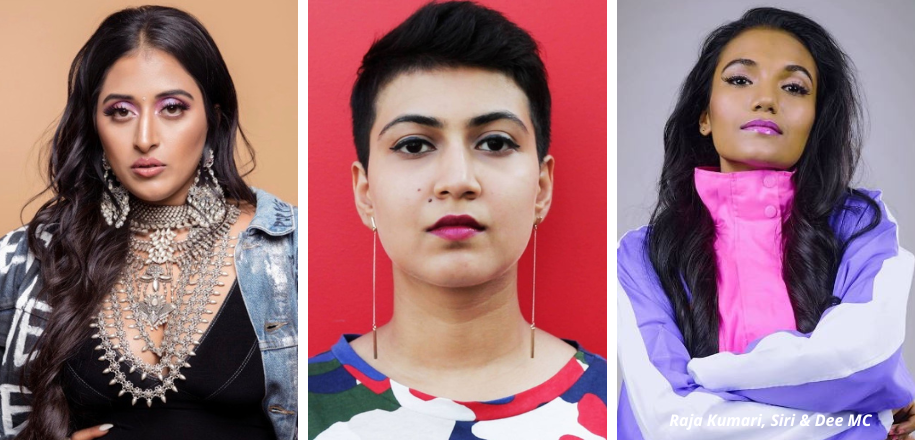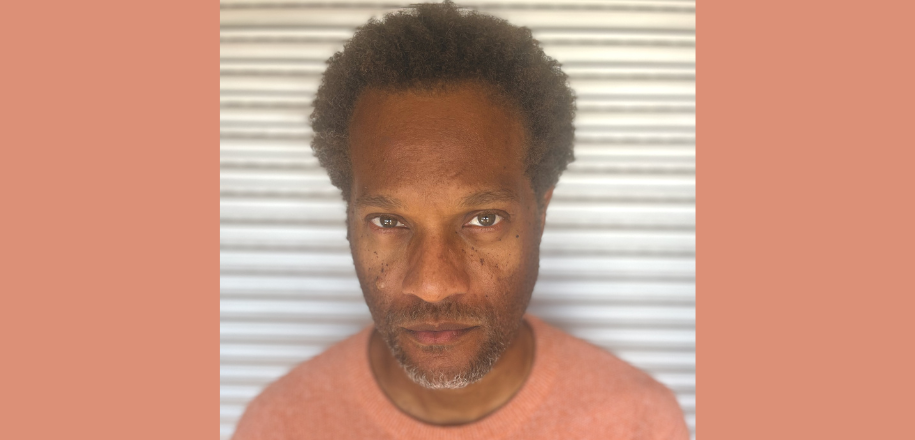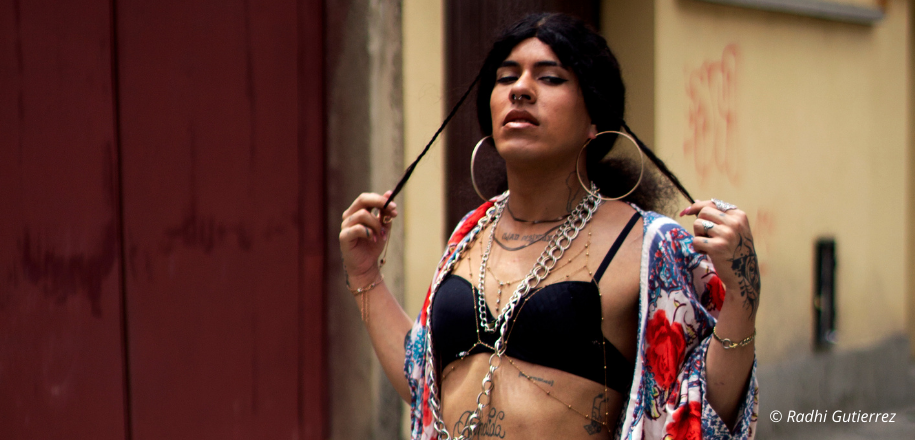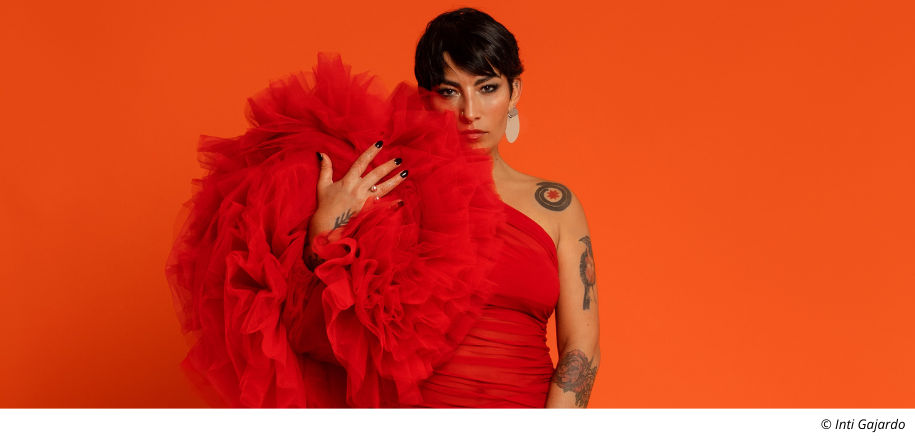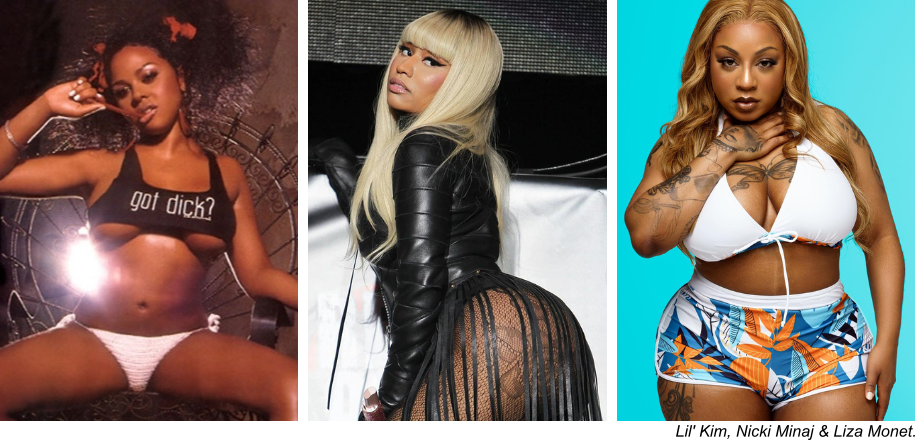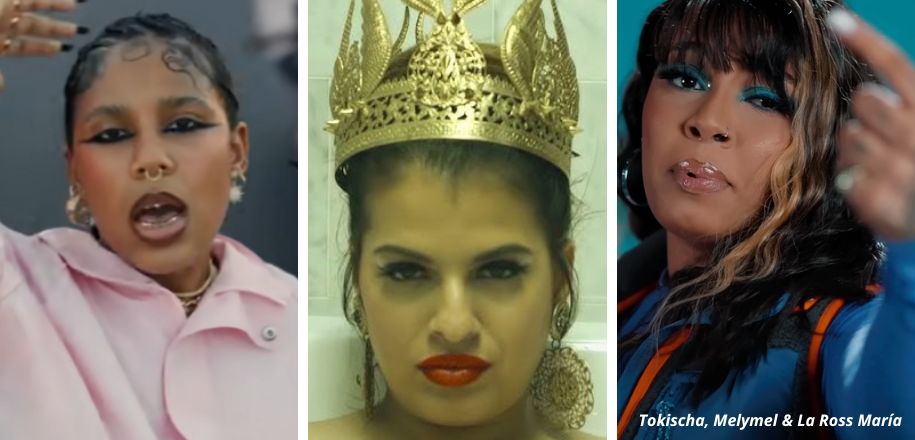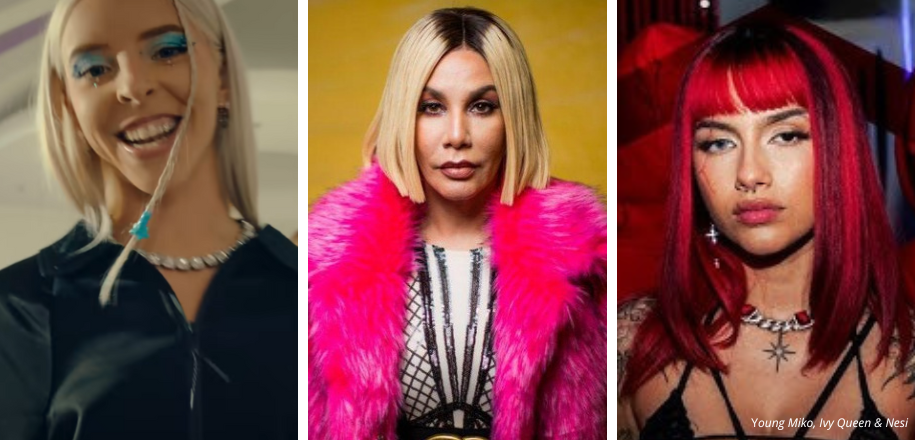Indian rap, like many music scenes, has long been considered a boys’ club. However, there is no shortage of talented female rappers, who began to emerge in the 2000s.
In the early 2000s, Hard Kaur quickly made a name for herself with her high-energy performances and Bollywood collaborations. Although of Tamil/Sri Lankan origin and British nationality, M.I.A. has also profoundly influenced the South Asian diaspora and sparked inspiration for many Indian artists.
Finding Their Voice
The 2010s marked a turning point, witnessing a surge in the number and visibility of women in Indian rap. Artists like Raja Kumari, Dee MC and Sofia Ashraf stepped into the spotlight, using their music as a platform to tackle pressing issues such as gender equality, societal change, and environmental activism.
Sofia Ashraf’s powerful 2014 track “Kodaikanal Won’t” brought national attention to the mercury poisoning crisis in Kodaikanal.
Diversity Takes Center Stage
A fresh wave of female rappers infused Indian hip hop with unprecedented linguistic and regional diversity. Artists such as Siri, Navz-47 and Irfana rap in a vibrant mix of languages (Kannada, Tamil, English, and French), reflecting India’s rich multicultural fabric. For example, Irfana weaves themes of Muslim culture, feminism, and anti-fascism into her artistry. Navz-47 connects with audiences across linguistic boundaries with her unique trilingual style.
United in Sound
A pivotal moment arrived in 2020 with the formation of Wild Wild Women, India’s first all-female hip hop collective. Based in Mumbai, the group (including HashtagPreeti, Krantinaari, MC Mahila, JQueen & Pratika) fearlessly confronts topics like mental health, women’s empowerment, and patriarchal prejudices.
Anthems such as “Game Flip” and “Uddu Azad” challenge stereotypes and empower women to speak their minds. The collective also runs cyphers and outreach programs, nurturing and inspiring the next generation of young female hip hop artists.
Rising Stars
The Indian female rap scene continues its dynamic expansion with artists like Mrunal Shankar, Shia, Meba Ofilia and Reble, each carving their own unique path. Meba Oflia, hailing from Shillong, captured the European Music Award for “Best Indian Act” with her debut single. Mrunal Shankar, signed to Kalamkaar, is gaining traction through collaborations with prominent male rappers and electrifying live performances.
The Fight Continues
Nowadays, despite remarkable progress, female rappers in India still navigate significant obstacles, from familial skepticism to persistent industry biases. Many have fought tooth and nail for recognition and acceptance, often juggling day jobs to pursue their musical aspirations.
However, their growing visibility and undeniable success are gradually reshaping perceptions and paving the way for future generations of women in Indian hip hop.

